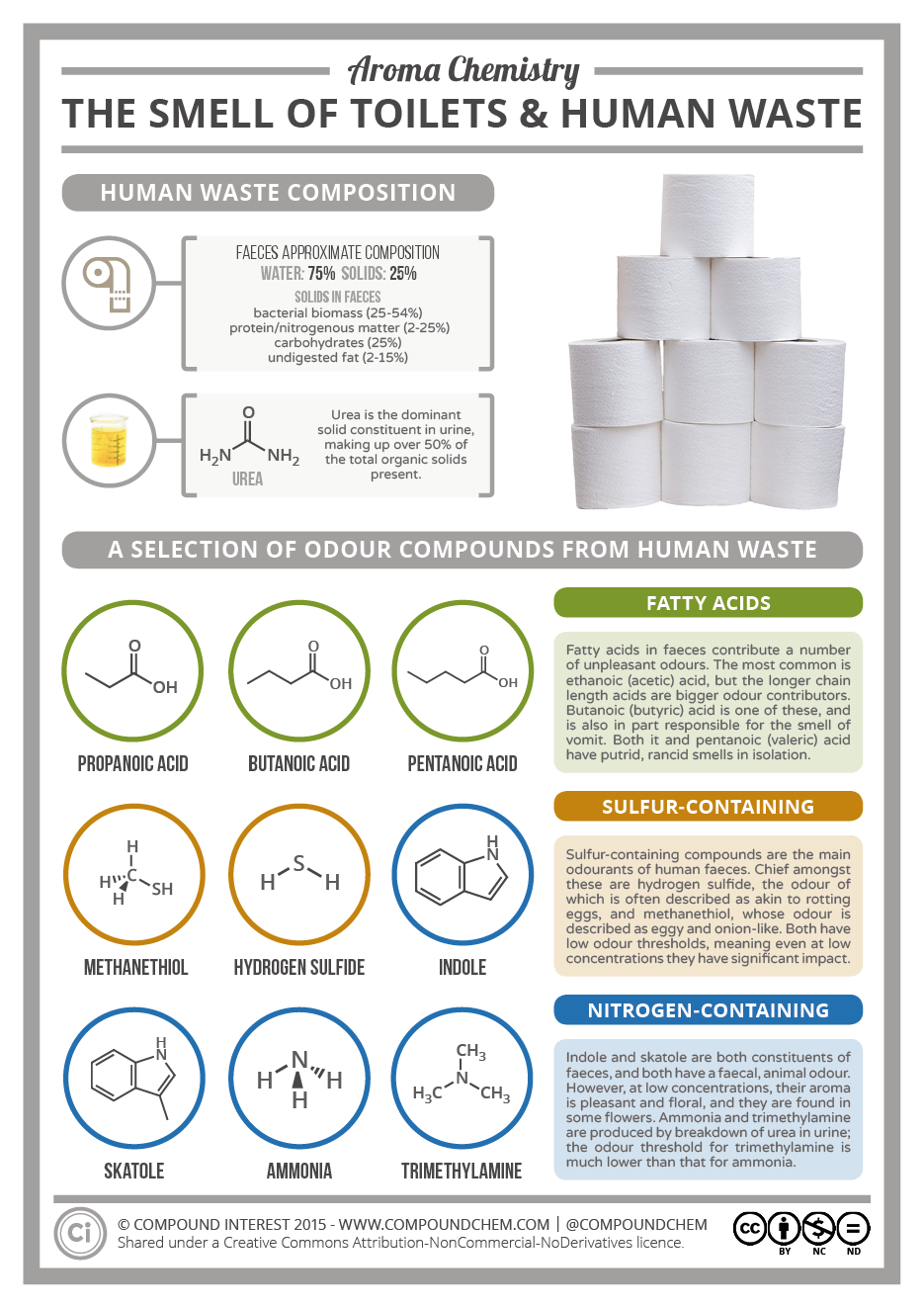The Science Of Aromatherapy: Analyzing Its Restorative Residence
The Science Of Aromatherapy: Analyzing Its Restorative Residence
Blog Article
Post Created By-Rosenthal Epstein
When it concerns aromatherapy, understanding the scientific research behind vital oils can enhance your health regimen. These oils contain unique chemical compounds that engage with your body, possibly using numerous benefits. From lowering diffusing peppermint oil to increasing state of mind, the impacts are based in research. But exactly how do https://universe.byu.edu/2020/05/06/essential-oil-sales-trend-up-during-covid-19/ work, and which oils should you consider for particular requirements? Exploring these inquiries can lead you to a more enlightened strategy to your wellness.
The Chemistry of Vital Oils and Their Impacts on the Body
When you discover the chemistry of vital oils, you'll find just how their unique compounds communicate with your body to advertise healing.
Each oil has various chemical constituents like terpenes, esters, and phenols, which can influence your body in different methods. As an example, terpenes offer anti-inflammatory advantages, while esters can assist soothe and relax you.
When you breathe in these oils or apply them topically, they're taken in right into your bloodstream, where they can target specific disorders. This communication boosts your body's all-natural recovery processes, boosting your overall health.
Comprehending these chemical residential or commercial properties equips you to select the appropriate oils for your needs, whether you're seeking to minimize pain, boost resistance, or boost skin wellness.
The scientific research of necessary oils is really fascinating!
The Duty of Aromatherapy in Mental Health and Psychological Wellness
Aromatherapy has gained recognition for its extensive influence on psychological health and wellness and psychological wellness, as it can effectively decrease anxiety and stress and anxiety levels.
When you inhale the calming fragrances of vital oils, like lavender or chamomile, they can activate favorable emotional feedbacks in your brain. This practice welcomes a feeling of calm and advertises leisure, making it simpler to cope with everyday difficulties.
You might discover that including aromatherapy into your routine assists raise your state of mind and improves your general psychological durability.
Whether you use a diffuser, add oils to a bathroom, or use them topically, the appropriate aromas can develop a comforting environment, permitting you to reconnect with yourself and cultivate a sense of tranquility in the middle of life's chaos.
Scientific Study Sustaining the Advantages of Aromatherapy
While many people have lengthy treasured aromatherapy for its relaxing impacts, clinical study increasingly confirms its benefits. Researches show that crucial oils like lavender can lower stress and anxiety and improve sleep quality.
As an example, a 2015 study highlighted lavender's potential to reduced cortisol levels, advertising leisure. In addition, the scent of citrus oils has actually been linked to enhanced mood and lowered anxiety.
Research also recommends that inhaling specific necessary oils may enhance cognitive function and focus. By incorporating aromatherapy into your routine, you could experience these positive results firsthand.
Whether you're diffusing oils or utilizing them in massage, the proof supports the concept that aromatherapy can play a considerable duty in improving your total wellness.
best car essential oil diffuser
Including aromatherapy into your health routine can be a powerful device for boosting your psychological and psychological wellness. By recognizing the special chemical compounds in necessary oils, you can make educated options that line up with your needs. Whether you're aiming to reduce stress, enhance your state of mind, or boost cognitive function, the benefits of aromatherapy are sustained by clinical study. Embrace these all-natural recovery properties, and experience the favorable influence they can have on your total well-being.
